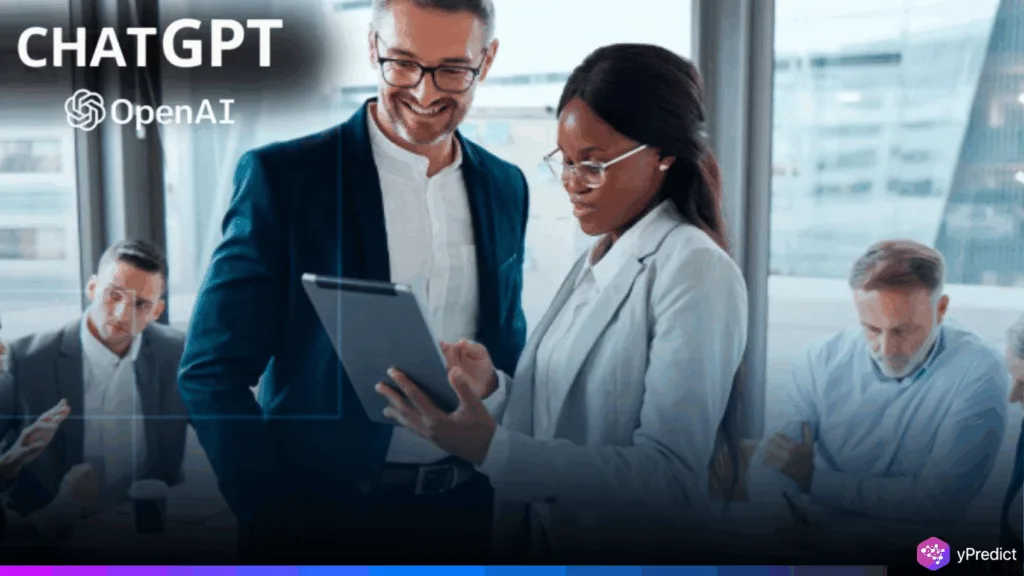
In a bold step toward digital transformation, the City of Fort Myers has launched an enterprise-level AI initiative, giving 150 employees access to ChatGPT to streamline operations, enhance productivity, and solve complex challenges in real-time.
A Real-World Solution to a Real Problem
The turning point came in May 2025, when Fort Myers’ utility billing system suddenly stopped processing payments. With no access to the original code’s author, the city’s tech team hit a wall. But when Diana Centeno, development operations manager for the city’s IT department, fed the code into ChatGPT and described the issue, the AI quickly identified the problem: a misconfigured token length.
“Everything started working again in half a day,” said Richard Calkins, Director of Information Technology Services (ITS) for the city. “That’s when I knew — I’m sold on it.”
From Experiment to Rollout
The city had been experimenting with AI tools for over a year, and this incident accelerated its adoption. In May, Fort Myers approved the purchase of 150 enterprise ChatGPT licenses for $72,000. Employees will use the AI assistant for tasks like document analysis, research, content writing, and coding.
Enhancing, Not Replacing, the Workforce
While concerns about AI replacing jobs persist, Calkins emphasized that the goal is augmentation, not automation.
“We don’t want this to replace any staff. We want it to help our current staff be more productive,” he said.
Users must still input data, verify AI outputs, and apply human judgment to decisions — underscoring that humans remain central to AI-enhanced processes.
Building Department-Specific AI Assistants
Next, Fort Myers plans to feed internal policies and procedures into the AI system to build department-specific assistants. For instance, HR staff might query ChatGPT for guidance on city policy without digging through lengthy documents.
The police department could also use predictive modeling based on crime data to allocate patrol resources more effectively.
Beta Testing and Responsible Use
A group of 30 city employees has already tested the system over the past year. As the rollout expands, staff will undergo internal training and be required to understand AI limitations.
“We want users to understand that ChatGPT, while powerful, is not perfect,” Calkins said. “It gives answers, but we still need to make sure they’re the right ones.”






